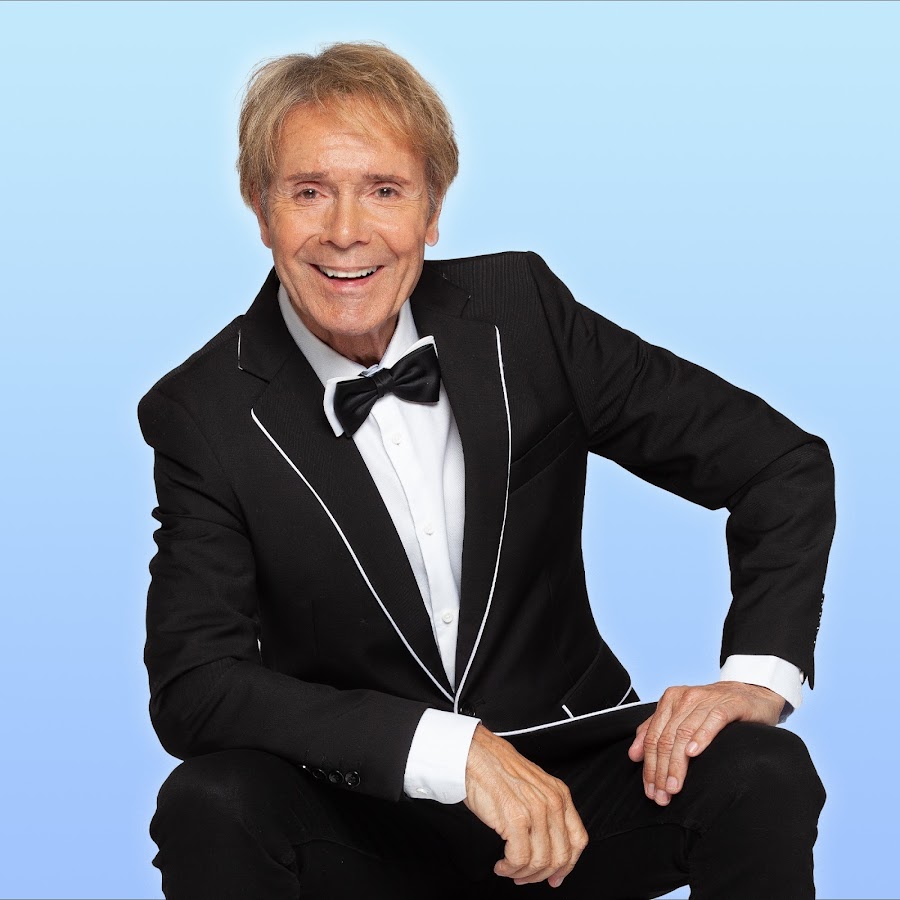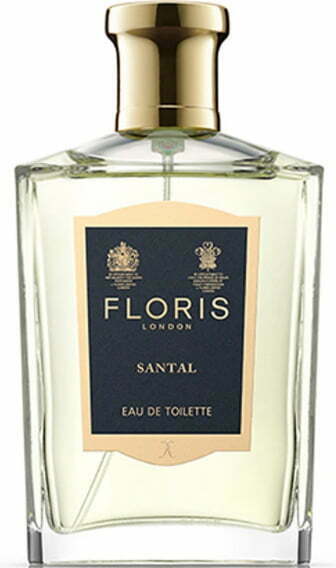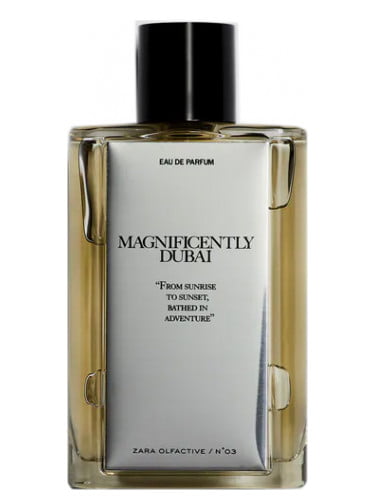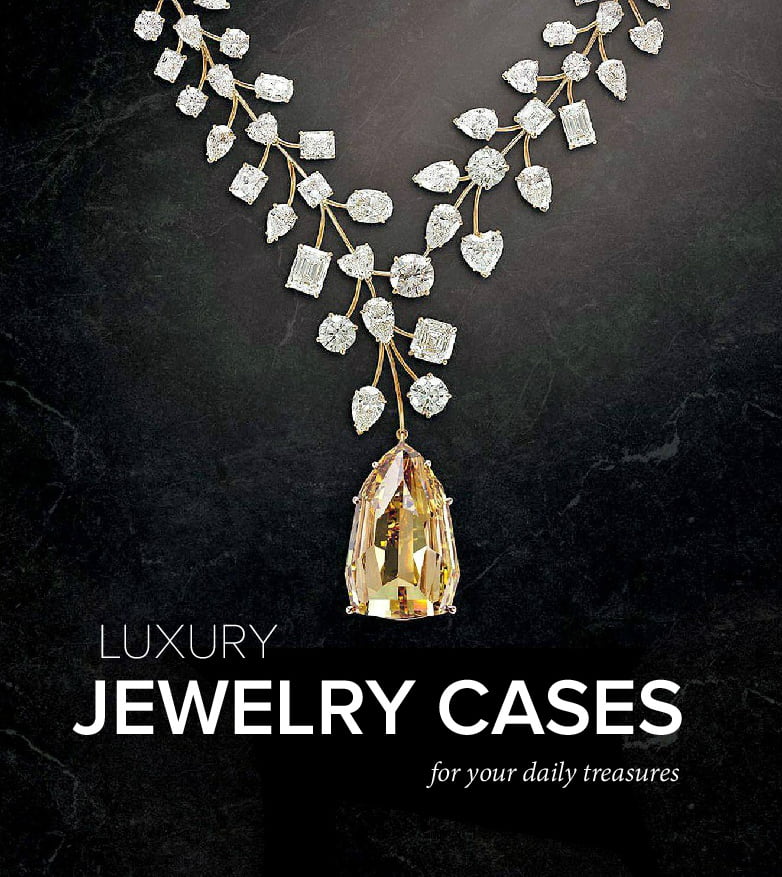CLIFF RICHARD

Sir Cliff Richard OBE (born Harry Rodger Webb; 14 October 1940) is an Indian-born English singer who holds both British and Barbadian citizenship. He has total sales of over 21.5 million singles in the United Kingdom and is the third-top-selling artist in UK Singles Chart history, behind the Beatles and Elvis Presley.
Richard was originally marketed as a rebellious rock and roll singer in the style of Presley and Little Richard. With his backing group, the Shadows, he dominated the British popular music scene in the pre-Beatles period of the late 1950s to early 1960s. His 1958 hit single “Move It” is often described as Britain’s first authentic rock and roll song. In the early 1960s, he had a successful screen career with films including The Young Ones, Summer Holiday and Wonderful Life and his own television show at the BBC. Increased focus on his Christian faith and subsequent softening of his music led to a more middle-of-the-road image, and he sometimes ventured into contemporary Christian music.
In a career spanning 65 years, Richard has amassed several gold and platinum discs and awards, including two Ivor Novello Awards and three Brit Awards. More than 130 of his singles, albums, and EPs have reached the UK Top 20, more than any other artist. Richard has had 67 UK top ten singles, the second highest total for an artist (behind Presley). He holds the record, with Presley, as the only act to make the UK singles charts in all of its first six decades (1950s–2000s). He has achieved 14 UK No. 1 singles, and is the only singer to have had a No. 1 single in the UK in each of five consecutive decades. He also had four UK Christmas No. 1 singles, two of which were as a solo artist; “Mistletoe and Wine” and “Saviour’s Day”.
Richard has sold more than 250 million records worldwide, making him one of the best-selling music artists of all time. He has never achieved the same popularity in the United States despite eight US Top 40 singles, including the million-selling “Devil Woman” and “We Don’t Talk Anymore”. In Canada, he had a successful period in the early 1960s, the late 1970s and early 1980s, with some releases certified gold and platinum. He has remained a popular music, film, and television personality at home in the UK as well as Australia, New Zealand, South Africa, Northern Europe and Asia, and retains a following in other countries. When not touring, he divides his time between Barbados and Portugal. In 2019, he relocated to New York.
Cliff Richard was born Harry Rodger Webb on 14 October 1940 at King George’s Hospital (now KGMU Hospital), Victoria Street, in Lucknow, which was then part of British India. His parents were Rodger Oscar Webb, a manager for a catering contractor that serviced the Indian Railways, and the former Dorothy Marie Dazely. His parents also spent some years in Howrah, West Bengal. After the violence of Direct Action Day, they decided to relocate to England permanently. Richard is primarily of English heritage, but he had one great-grandmother who was of half Welsh and half Spanish descent, born of a Spanish great-great-grandmother named Emiline Joseph Rebeiro.
The Webb family lived in a modest home in Maqbara, near the main shopping centre of Hazratganj. Dorothy’s mother served as the dormitory matron at the La Martiniere Girls’ School. Richard has three sisters, Joan, Jacqui and Donna (1942–2016).
In 1948, following Indian independence, the family embarked on a three-week sea voyage to Tilbury, Essex, England aboard the SS Ranchi. The Webbs moved from comparative wealth in India, where they lived in a company-supplied flat at Howrah near Calcutta, to a semi-detached house in Carshalton, north Surrey. Harry Webb attended a local primary school, Stanley Park Juniors, in Carshalton. In 1949, his father obtained employment in the credit control office of Thorn Electrical Industries and the family moved in with other relatives in Waltham Cross, Hertfordshire, where he attended Kings Road Junior Mixed Infants School, until a three-bedroom council house in nearby Cheshunt was allocated to them in 1950, at 12 Hargreaves Close.
He then attended Cheshunt Secondary Modern School from 1952 to 1957. (The school was later renamed Riversmead School before being rebuilt and renamed Bishopslea School.) As a member of the top stream, he stayed on beyond the minimum leaving age to take GCE Ordinary Level examinations and gained a pass in English literature. He then started work as a filing clerk for Atlas Lamps. A development of retirement flats, Cliff Richard Court, has been named after him in Cheshunt.
Harry Webb became interested in skiffle. When he was 16, his father bought him a guitar, and in 1957, he formed the school vocal harmony group The Quintones, before singing in the Dick Teague Skiffle Group.
Harry Webb became lead singer of a rock and roll group, the Drifters (distinct from the US group of the same name). The 1950s entrepreneur Harry Greatorex wanted the up-and-coming rock ‘n’ roll singer to change his name. The name Cliff was adopted as it sounded like “cliff face”, which suggested “Rock”. It was “Move It” writer Ian Samwell who suggested the surname “Richard” as a tribute to Webb’s musical hero Little Richard.













